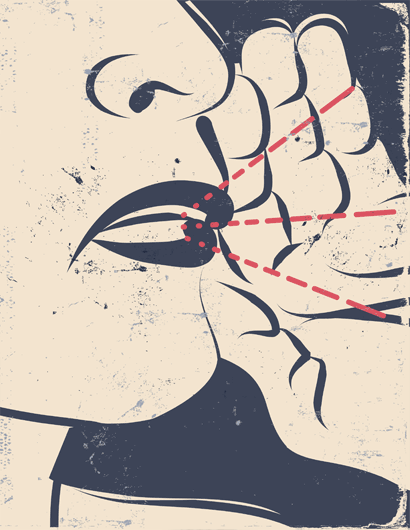If you have any cult-leader like tendencies already, it might be best if you just skip this article!
Here’s a little persuasion technique that’s easy to apply in business communications, yet surprisingly effective.

Social psychological research has shown that when you assign a trait, attitude, label or belief to someone, then make a request consistent with that label, you can literally sculpt the behaviour you want from that person. By pointing out that someone’s the “type” of person to choose your product, or you’ve labeled them as “worth” your product, or “intelligent” enough to choose it, they will instinctively want to prove to themselves that the label is accurate. That’s why the adjective always needs to be positive (it should be something that the person would like to be anyway, even if they are not!).
Take L’Oreal’s famous tagline: “Because You’re Worth It.” Audiences hear this, decide they are “worth it” — and how do they prove it? By buying L’Oreal products, to cement that belief. The proof is in the pudding as to how well this technique works for cosmetics giant L’Oreal. Considering their market share and the way they wheel this slogan out year after year — I’d say it works very nicely, thank you. (Interestingly, it was changed a few years back from “Because I’m Worth It” to “Because You’re Worth It” after a little bit of behavioural research).
A similar thing applies to existing customers – remind clients that you acknowledge their smart decision to deal with you. They’ll then feel as though their choice of brand was for a reason — and an intelligent one at that. So to live up to this “intelligent” moniker, they’ll repeat that very clever decision they made once before.
You’re an astute, savvy marketer — so think about how you can incorporate this technique into your business communications.
